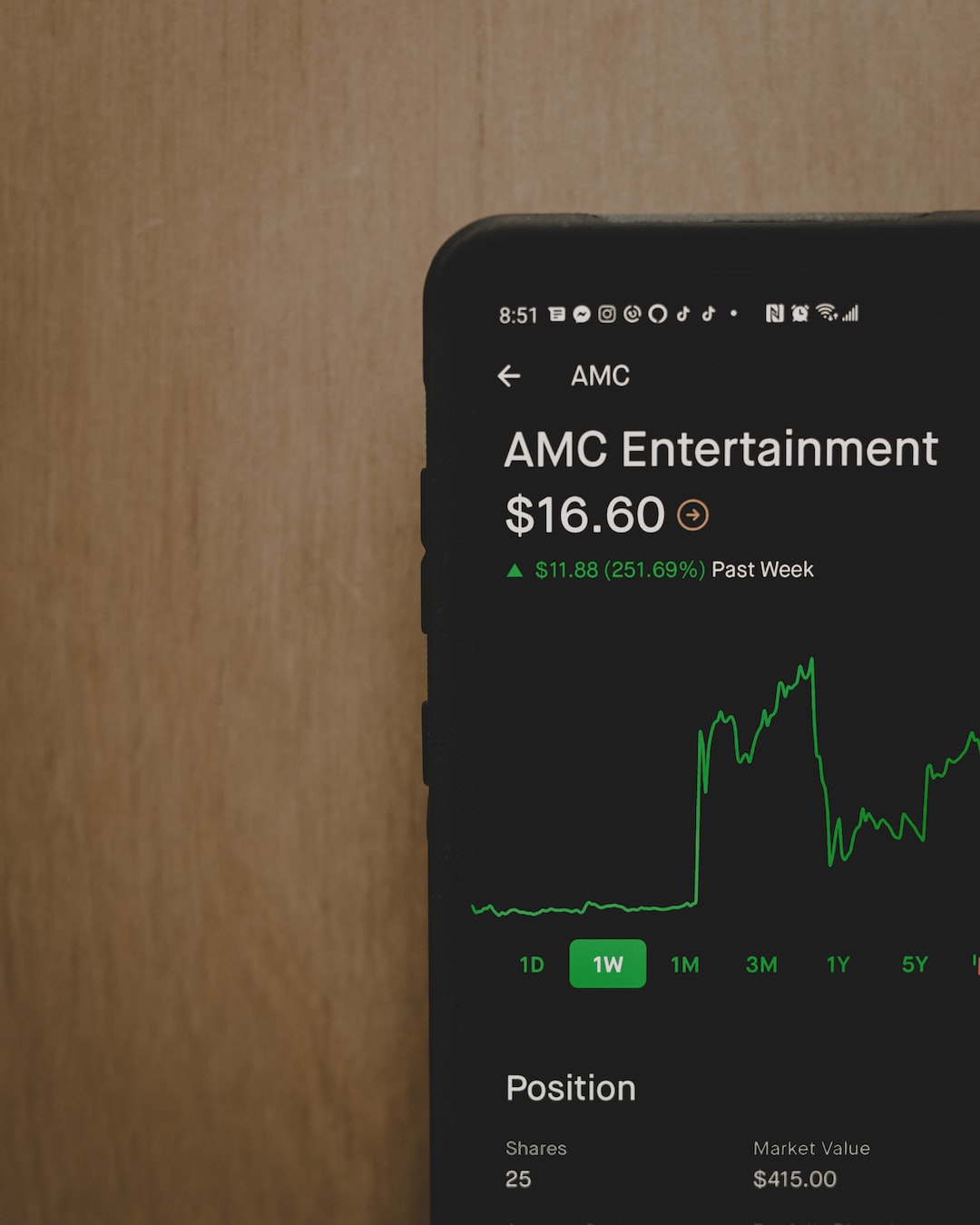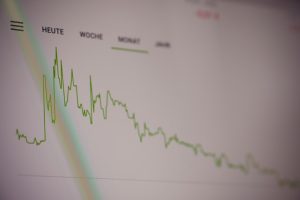Forex trading, also known as foreign exchange trading, is the buying and selling of currencies. It is a highly speculative market that attracts investors and traders from around the world. Forex trading can be a lucrative investment, but it is essential to know the tax regulations that come with it.
Forex trading is subject to taxation under the tax laws of the country in which you reside. The tax form that forex trading should take depends on several factors, such as the amount of income generated from forex trading, the type of forex trading account used, and the tax laws of the country in which you reside.
In the United States, forex trading is taxed as ordinary income, which means that it is taxed at the same rate as your regular income. The IRS requires forex traders to report all profits and losses on their tax returns. Forex traders in the United States must file a Form 1040 tax return, and they must report their forex trading profits and losses on Schedule D.
If you are a forex trader in the United States, you must keep accurate records of all your forex trading transactions, including the date of the trade, the currency pair traded, the amount of the trade, the price at which you entered and exited the trade, and the amount of profit or loss generated from the trade. This information is needed to accurately calculate your forex trading profits and losses for tax purposes.
Forex traders in other countries may have different tax regulations. For example, in the United Kingdom, forex trading is considered gambling and is subject to the income tax. In Australia, forex trading is considered a capital gain and is taxed at a lower rate than ordinary income.
If you are unsure of the tax regulations in your country, it is essential to consult with a tax professional who can advise you on the tax laws that apply to forex trading in your country.
Forex traders can use different types of forex trading accounts, such as a standard account, a mini account, or a micro account. The tax form that forex trading should take depends on the type of forex trading account used.
A standard forex trading account is the most common type of account used by forex traders. It requires a minimum deposit of $2,000 and allows traders to trade in standard lots, which are 100,000 units of the base currency. Forex traders who use a standard account must report their profits and losses on Schedule D of their tax return.
A mini forex trading account is similar to a standard account but requires a smaller minimum deposit of $250. Mini accounts allow traders to trade in mini lots, which are 10,000 units of the base currency. Forex traders who use a mini account must report their profits and losses on Schedule D of their tax return.
A micro forex trading account is the smallest type of account used by forex traders. It requires a minimum deposit of $10 and allows traders to trade in micro lots, which are 1,000 units of the base currency. Forex traders who use a micro account must report their profits and losses on Schedule C of their tax return.
In summary, the tax form that forex trading should take depends on several factors, such as the amount of income generated from forex trading, the type of forex trading account used, and the tax laws of the country in which you reside. Forex traders must keep accurate records of all their forex trading transactions and consult with a tax professional who can advise them on the tax laws that apply to forex trading in their country.






